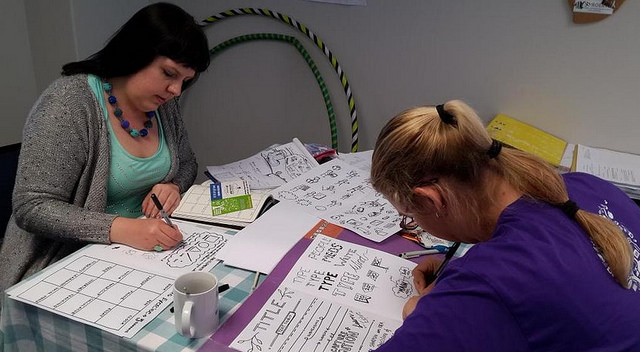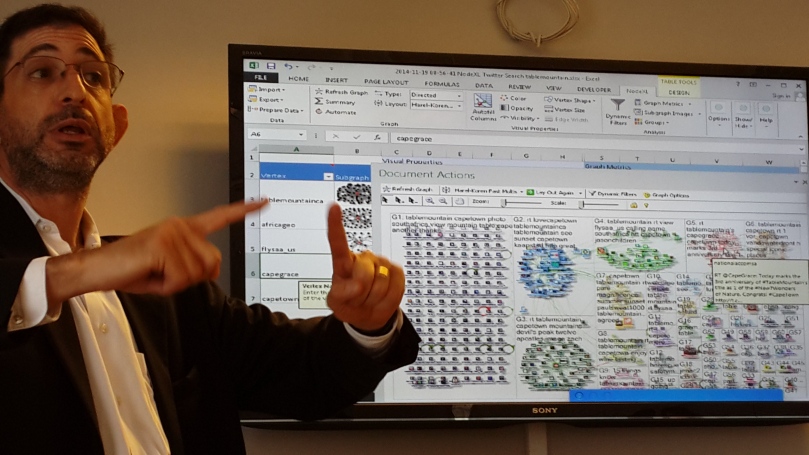Some of you may be familiar with these and may have found them useful too, if not I am sure you will:) These are sites that I have found myself coming back to regularly and that help me to design blended and online activities to engage my course colleagues (I don’t say students as my ‘students’ are professionals working in edtech and education related fields and I see them more as colleagues).
- Gilly Salmon: The e-tivities page has useful resources that can help educators design learner-centred blended and online activities. I think it’s a bit more accessible for the majority of educators and is a nice lead into slightly more complex processes such as her Carpe Diem approach to learning design.
- Jan Herrington’s site describes a model of authentic learning. It is useful for folks thinking about designing authentic learning activities in particular.
- Nancy White and her colleagues from Full Circle Associates put together this online community toolkit. While it might be a bit dated, it is still useful, as well as her online facilitation wiki.
- Open educators and researchers Catherine Cronin and Maha Bali really inspire me and I think they are both really great exemplars of open education practitioners. Even if you just ‘lurk’ on their blogs for now, you are likely to pick up some great tips if you’re thinking about blogging and how to start engaging with others in an explicitly open way.
- Technology mediated assessment feedback via the Learning with New Media research group at Monash University has been useful to me in various ways. Last year colleagues and I used audio recordings for formative feedback on student assignments and we are currently working on a journal article. I also really like how this particular page is structured. It got me thinking about how to structure online self-help staff development resources.
What I’d love to see is more colleagues from Africa developing similar online resources. Perhaps there already are some really good ones out there and I’ve just not come across them? Please share:) I am also looking forward to course colleagues Top 5’s that they will share via Twitter using the hashtag #EdTechUCT
Image CC0 via Pexels.



 I did a presentation last year entitled ‘Digital footprint: leaving a trail for others to follow’ (presentation via Google Slides with commenting enabled
I did a presentation last year entitled ‘Digital footprint: leaving a trail for others to follow’ (presentation via Google Slides with commenting enabled

